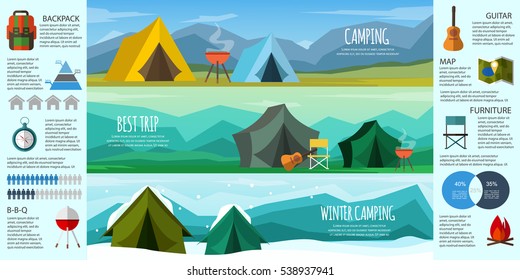Resilience is a non-negotiable requirement for any tent. From premium structure products and weather-resistant textiles to protect anchoring systems and accessories, every part plays a role in producing a dependable outdoor tents configuration for your occasion or camp.
Understanding just how different frame materials affect toughness aids you make a wise selection for your details needs. This overview will certainly compare the strength of post and structure camping tents to assist you identify which option is best for your celebration.
Post Tents
Pole tents include high heights and moving canopy lines that evoke romanticism and offer themselves to conventional outdoor wedding celebrations, vintage-themed galas, or laid-back tented events. These structures can be dressed with moving drapes, light fixtures, and upscale lights to develop a sophisticated canvas for minimalist or split decoration functions. Nonetheless, their style may not sustain segmented rooms or heavy rigging without extra architectural reinforcement.
The quality of frame materials, securing systems, and devices can dramatically impact a tent's sturdiness. For example, aluminum is a corrosion-resistant material that can take on ecological conditions without compromising framework or border stability.
Picking the appropriate tent type and material for your location's expected climate condition can help reduce upkeep expenses, fixing expenses, or replacement costs in time. Appropriate installment methods also play a role in maintaining camping tent honesty, and regular professional evaluations help spot indications of wear and tear before they trigger severe damages. Furthermore, including the appropriate flooring system can enhance the security of any kind of sort of camping tent on irregular surface.
Mount Camping tents
Choosing the right tent kind for your occasion is a vital choice. Toughness in severe climate condition is non-negotiable, and recognizing just how both post and framework tents remain secure under tension will certainly help you pick the very best alternative for your space and event demands.
Unlike pole outdoors tents, frame outdoors tents do not count on center poles to supply stability. This offers you an extra unblocked inside that can be made use of to accommodate seating plans, tent durability dancing floorings, or food stations without having to function around the posts. The frame also enables you to establish the camping tent on surface areas where stakes will not be as reliable, like concrete patios or courtyards.
Having a great anchoring system is vital to tent toughness, and it can make or damage the structure's capability to hold up against wind events. LP Outdoors suggests utilizing a complete put-in to ensure the camping tent is safe and properly lined up, which lowers stress points. Including extra individual ropes, modular ballast systems, or reinforcement kits to your huge event outdoor tents can better raise architectural integrity.
Textile
The fabric of a camping tent is the structure of its architectural integrity and resilience. Its tensile stamina and resistance to ecological stress factors influence the camping tent's total performance and comfort, from water run-off and wind tolerance to breathability and mold resistance.
Camping tent materials are normally woven from either all-natural or artificial fibers, and they can be layered or treated with unique surface treatments to enhance their performance and longevity. The type of thread spun (combed, ring-spun, core-spun), the weave, and the fabric's weight all impact its resilience and suppleness.
Sailcloth, for example, is engineered to withstand repeated folding, tensioning, and anchoring without losing strength. Tents made from this material are also highly breathable, reducing condensation and temperature level variations. These features make sailcloth outdoors tents excellent for occasion services or long-term outdoor camping. Various other material choices, like polyester or nylon, provide a more lightweight feel with boosted waterproofing. Their life-span depends upon the kind of atmosphere they are exposed to, the maintenance routines, and various other variables like normal cleansing and correct storage space.
Setup
Before picking a structure product for your canopy tent, it's important to extensively comprehend the designated use and location. For example, do you require the camping tent to endure frequent or extensive direct exposure to weather like wind strength, rainfall, snowfall, and UV rays? Do you wish to set up the tent completely or for occasional usage?
Light weight aluminum framework camping tents have an unique safety layer that's developed due to their all-natural oxidation buildings. The plated layer avoids dampness, salt, and various other corrosive materials from permeating the frame and triggering damage.
Steel structures, on the other hand, have a tendency to have restricted form security and are harder to put together. Their heavy weight additionally restricts modification choices and requires using cheaper, light-weight fabrics and plastic adapters. In contrast, timber framework tents use exceptional durability and an aesthetic that mixes harmoniously with the surrounding setting when installed. Glitzcamp uses both steel and aluminum-frame tents that are suitable for high-end hotels, breathtaking areas, social tourism communities, and villa.
